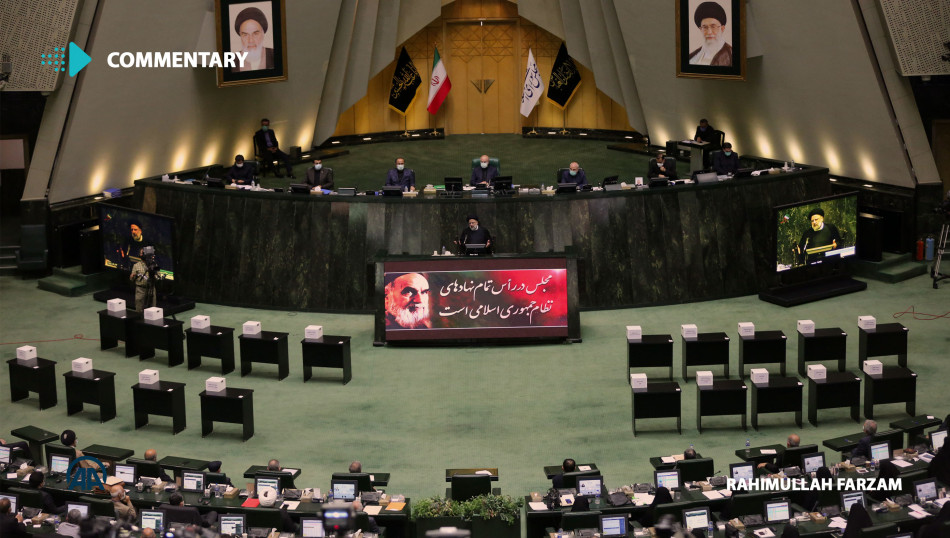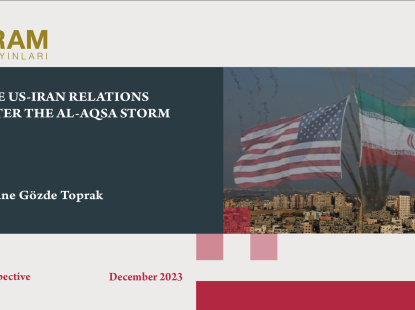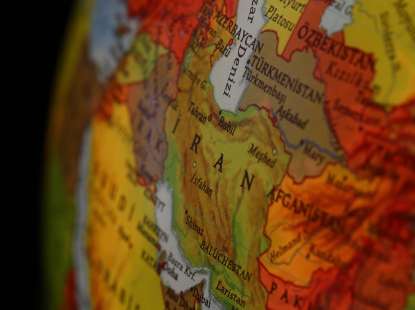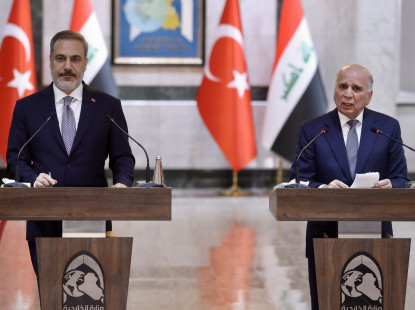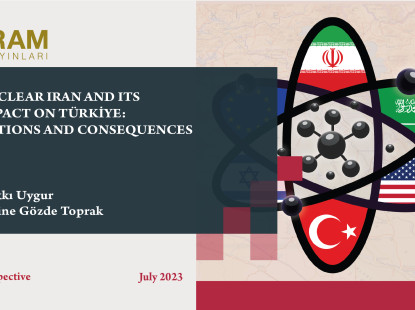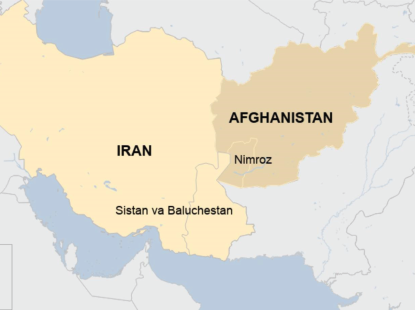The Report of the Iranian Parliament Concerning the Verification of Lifting the Sanctions
The report, which was published by Iran's Islamic Consultative Assembly Research Center on September 17, states that “The verification of lifting the sanctions should be an indispensable and permanent purpose of the foreign policy apparatus in the process of negotiation”. The report emphasizes that the removal of the sanctions should not be limited to the legal dimension (lifting the sanctions on paper) and should concretely reflect on the Iranian economy. In the introduction of the report, it is expressed that the Ebrahim Raisi government is believed to focus significantly on the verification of lifting the sanctions, and the relevant report is expected to be a guide for the government on the issue. According to the report that is prepared by the parliament, the government should consider the following matters when it formulates the process of verification of lifting the sanctions:
• While the verification process is being formulated, a comprehensive, applicable, and measurable guide should be developed, the characteristics of the verification should be determined, and a report concerning the verification should be published every three months.
• The Supreme National Security Council or the JCPOA Supervisory Board should monitor the process and decide whether or not Iran should continue to fulfill its obligations.
• Iran should be able to export at least 2.5 million barrels of oil on a daily basis, and Iranian private and legal persons should be able to operate at least 4.2 billion dollars with German EIH Bank and at least 1.5 billion dollars with the Tejarat Bank (Paris) on a monthly basis.
• The presidential decrees of the USA on the issue should be nullified, the warning statements of the USA towards Iran should be stopped, and the foreign private or legal persons who want to do business with Iran should be exempted.
• The leader of the P5+1 countries should adopt legal commitments and practical measures concerning the normalization of trade and economic relations with Iran.
• The decrees or legal regulations which define Iran as a high-risk country for money-laundering should be nullified.
• The necessary instructions for the normalization of trade relations with Iran should be given, or the legal regulations should be confirmed.
• The maximum number of private and legal persons should be removed from the sanction list.
• Any Iranian citizen or institution should be allowed to file a complaint against the violation of the Nuclear Deal.
• The trade relations and international relations of the sanctioned sectors in Iran should be normalized.
The advisory report may be transformed into a binding law for the government by the parliament. In such a scenario, this report which includes great demands, may block the nuclear negotiations. There have been six meetings in Vienna for the revival of the Nuclear Deal until they were stopped on June 20 following the election of Ebrahim Raisi as the president. At the same time, the impact of the government change in Iran on the negotiation process has been a point of curiosity. Raisi, in his first press conference after his inauguration ceremony, gave the message that he will continue the nuclear negotiations by stating that the lifting of the sanctions will be a primary issue for his government. Even though Tehran is argued to return to the negotiating table soon by the statements of Iran, a certain date has not been determined yet. Currently, Minister of Foreign Affairs Amir-Abdollahian stated that Iran will return to the negotiating table “very soon” in his interview with NBC on September 24. Following the statement of Spokesperson for the United States Department of State Ned Price concerning that they do not precisely know the meaning of “very soon”, Amir-Abdollahian responded that for Iran, “soon” means after the examination of the nuclear file.
In the opinions of Iranian experts, Tehran embraces the procrastination of returning to the negotiations as a strategy. According to this, Iran, which currently continues uranium enrichment operations up to 60%, aims to increase its ability of pressure in the table through the accumulation of enriched uranium on a great amount before its return to the table. Amir Ali Abolfath, who wrote in the conservative Khorasan newspaper, claimed that Iran will have more advantage in line with the longness of the time that it waits to return to the negotiations. Another reason for Iran to not start the negotiations may be the fact that the negotiation committee is not fully determined. It is not decided in Iran if the nuclear file will be managed by the Foreign Ministry or Supreme National Security Council. On the other hand, the procrastination of the Raisi government for the return to the negotiations has caused reactions of the Western states, especially the USA. In his statement concerning Amir-Abdollahian’s “very soon” expression on September 24, Spokesperson for the US Department of State Ned Price said that Washington has been hearing the expression of “very soon” for all week, but they are not able to understand its meaning currently. He also added that “the window of opportunity will not stay open forever”. These mutual statements are significant for both Iran and the USA to define their expectations and red lines concerning the process on the eve of resuming the Vienna process. It is also a meaningful sign to show that diplomacy has not been postponed yet.
